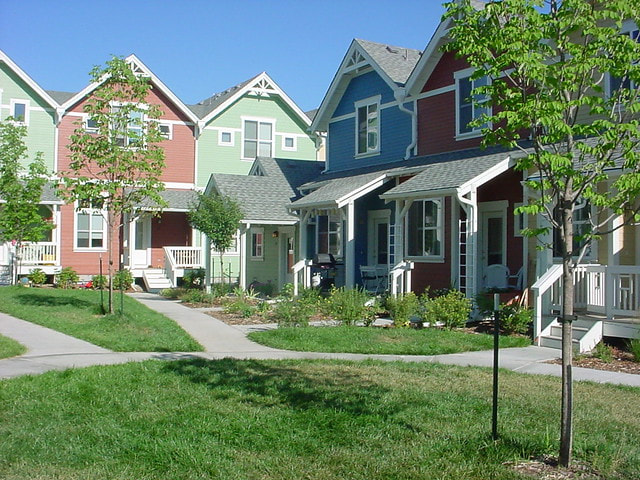Blog |
Discussing current issues in engineering
|
|
In this month’s issue of the ASCE’s Civil Engineering magazine, Robert L. Reid and Laurie A. Shuster published a study done on the best places to work in Civil Engineering in the country—and parts of Virginia made the top 10 list!
The study began by studying salary but eventually added in other factors to their index score. Cost of living and job availability were considered alongside average salary to determine the best place for civil engineers to live and work. Houston, Texas claimed the number one spot on the list with an overall score of 264.8. The list puts Washington, D.C. at fourth place with an index of 208.8, but the city listing includes parts of Maryland, Virginia, and West Virginia with their consideration. A driving force behind the region’s success is the federal government, which provides contracting jobs well beyond D.C.’s city limits. Virginia’s Department of Transportation provides ample work for transportation engineers that is unlikely to disappear anytime soon considering constant developments in public transportation in the region. D.C. also launched Sustainable D.C. in 2013, a program intended to make the city a healthy, environmentally friendly city to be in. With plans to increase renewable energy use significantly by 2032, environmental engineers have plenty to work to do in the South Atlantic. Amazon’s recent announcement to locate its second headquarters in Virginia, along with the state’s rapid population growth, also benefit people who work or plan to start working in the area as multifunctional development becomes even more important. To read more about the details of this study, see the ASCE’s article here.  Courtesy PLACEMATTERS (CC BY 2.0) Charles Durrett, co-author of the book State-of-the-Art Cohousing: Lessons Learned from Quimper Village along with Alexandria Levitt, writes about the benefits cohousing communities are providing for residents living in unprecedented times.
Cohousing is a planned, collaborative housing community consisting of private homes, typically clustered around shared common spaces. While cohousing living is a lifestyle anyone can choose, it is especially beneficial for seniors or others who want to live in private homes without losing the sense of a tight-knit community. Residents at the cohousing complex Durrett interviewed in Port Townsend, Washington showed how the benefits of cohousing are especially helpful during a global pandemic, when people are advised to stay home and go out only for necessities such as groceries. Cohousing complexes often host social activities for residents, but with new social distancing regulations in place, people are finding ways to improvise. “We do not feel like we are socially isolated” said a resident of Mountain View Senior Cohousing. “At Durrett’s community like most others, folks are picking up prescriptions, groceries, and more for folks who should not venture out, as well as social activities at a distance.” Staying home is an important way for us all to help combat the virus, but it’s important to keep in touch with our local communities too! For the full article, see here at the Civil + Structural Engineer Magazine. |
Colman Engineering, PLCA professional engineering firm located in Harrisonburg, VA Archives
January 2022
|


 RSS Feed
RSS Feed
